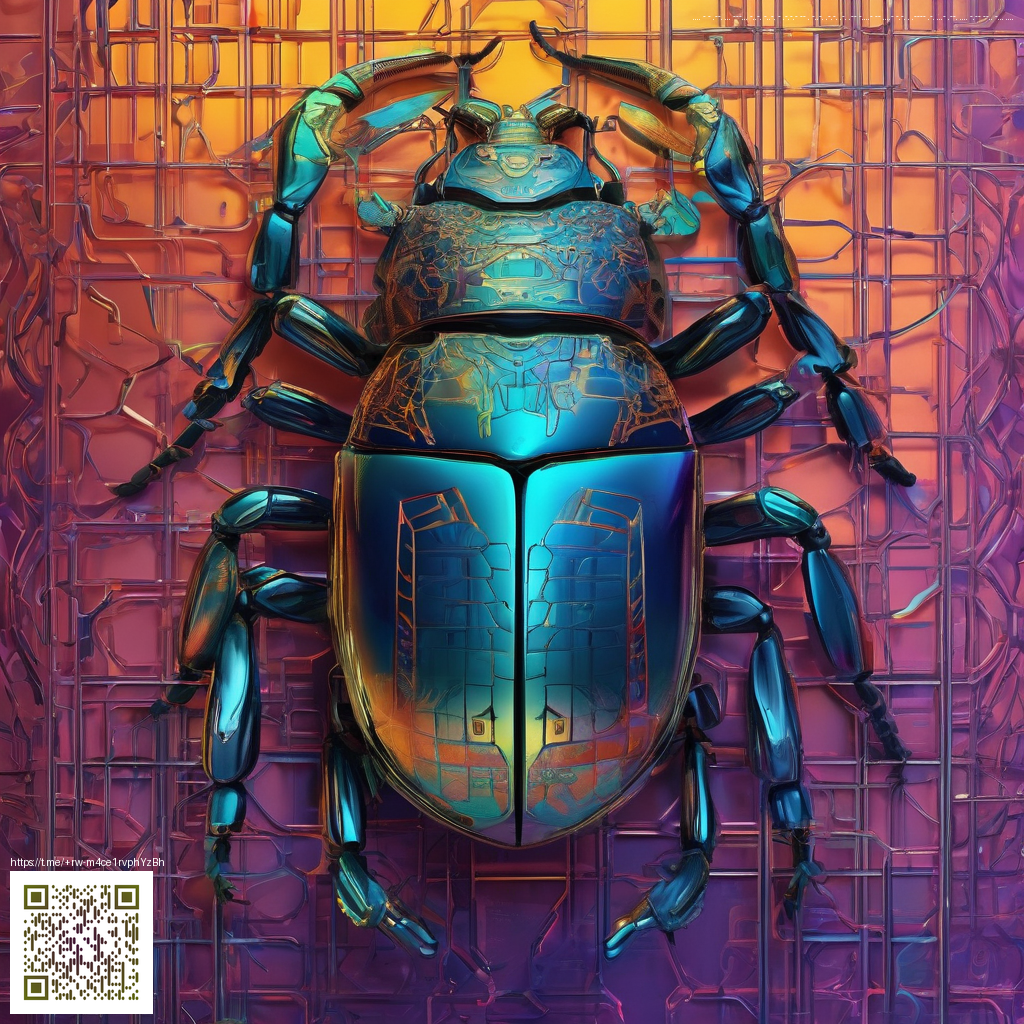
Modding as a Path to a Living Universe
The System Shock Remake stands at a fascinating crossroads where faithful preservation meets bold community experimentation. With a foundation built to invite players into the void between the known and the unknown, the potential expansion of its universe hinges on one simple idea the community has long embraced in spirit if not always in formal tools: mods. By empowering players to alter missions, tweak balance, and craft new environments, the title could grow beyond its original corridor and into a living galaxy of fan created stories and challenges.
From a gameplay standpoint the core loop benefits immensely when players can reframe how they approach hacking, combat, and exploration. Modders can tune how enemies react to the player, adjust weapon behavior so a laser pistol feels punchier or more precise, or layer on new minigames for security systems. A Unity based remake opens doors for accessible asset pipelines, enabling budding creators to remix textures, lighting, and UI without needing a producer level toolkit. The result is not just more content, but more ways to test strategy and reimagine encounters in a familiar yet freshness fueled sandbox.
What makes this universe ripe for expansion
Environmental storytelling is the franchise core. Small details tucked in vents, terminals, and audio logs form a dense narrative network. Modders could add side paths that reveal new backstories for crew and AI, or craft entirely new sub stations that weave into the main arc. Imagine fan crafted lore entries that extend the moral questions the game poses, or a new endgame arc that nudges the timeline toward different outcomes. The texture of a space station shifts when players author new color palettes, signage, and UI indicators that reflect their own vision of the ship’s history.
Community insights and the culture of making
Historically, the community around systemic sci fi worlds thrives on shared experimentation. System Shock fans have long pushed the envelope with mods and fan projects that repackage environments, redraw interfaces, and reimagine classic moments. When a project signals openness to community content or provides official modding hooks, creativity flourishes in unexpected directions. A healthy modding culture rewards experimentation with safety nets like documentation, version control, and clear guidelines so creators can push boundaries while preserving a cohesive experience for players who want a more canonical run.
Community voices emphasize the value of official mod tools and a clear modding pipeline. If Nightdive honors the passion with accessible resources, expect a surge of inventive missions and quality of life tweaks.
Developer commentary and the path forward
Nightdive Studios has consistently steered its remakes with reverence for the original while embracing modern capabilities. A strategic openness to community content can complement ongoing updates and optimization work. The engine choice for the remake — a Unity based framework — already lends itself to a broader range of user created assets and scripts. If the team pairs this foundation with an official mod kit, documentation, and perhaps a workshop style distribution channel, the universe could proliferate with new ship layouts, enemy variants, and alternate narrative threads that feel at home in the System Shock multiverse.
In practice this means a set of concrete steps the community can anticipate. Official modding documentation that covers scene assembly, asset import, and scripting hooks would empower creators to craft new missions without fighting with the engine. A lightweight sandbox environment for testing could allow mod authors to verify balance and performance before publishing. And a respected moderation system would keep mods aligned with the game’s tone and quality standards, ensuring a safe and welcoming space for builders and players alike.
Practical paths for modders to begin
While official tools mature, ambitious fans can still prepare for a future open to expansion. Start by organizing asset packs and project notes that describe how you would implement new zones or alter combat pacing. Build small, testable prototypes that demonstrate a single idea such as a new hacking minigame or a waypoint corridor that unlocks a hidden backstory. As soon as official tooling lands, you’ll have a polished blueprint ready to import. Those who want to experiment today can focus on non destructive mods like UI skins, quality of life tweaks, and cosmetic variations that do not alter core progression. The momentum built during this phase helps the community gear up more quickly when robust tooling becomes available. 🎮
The creative ecosystem thrives when players feel heard. If you are curious about where this might head, keep an eye on patch notes and official posts from Nightdive Studios. Updates that mention stability, performance, and player feedback often parallel the kind of groundwork that enables more extensive mod support down the line. For fans of the trench run between nostalgia and novelty, that interplay is where the remade universe truly comes alive.
Until official modding tools land, celebrate the potential by sharing mockups, concept art, and design notes with the community. The more transparent the process, the more players will feel empowered to contribute. And when a modding kit finally arrives, you will already have a roadmap ready to push the boundaries of what this universe can be.
Neon Card Holder MagSafe Phone Case